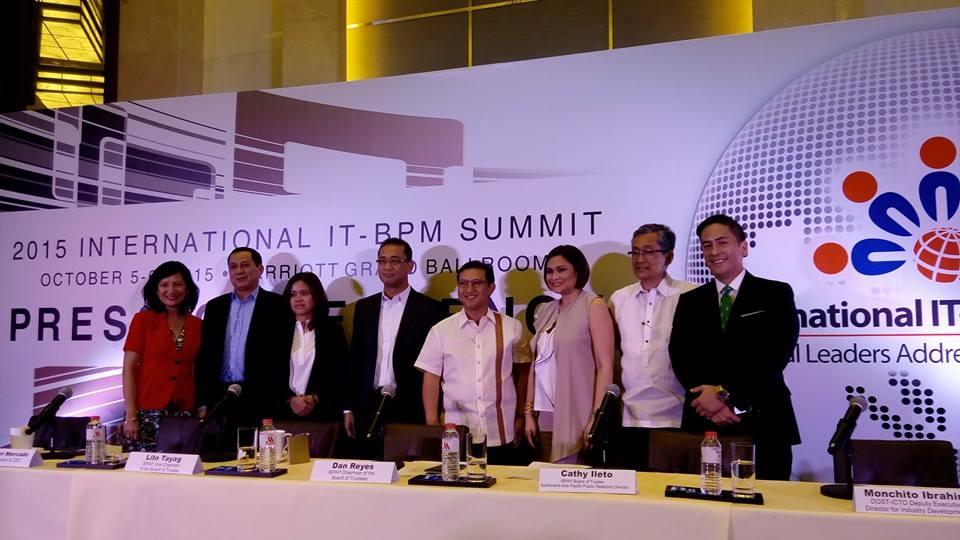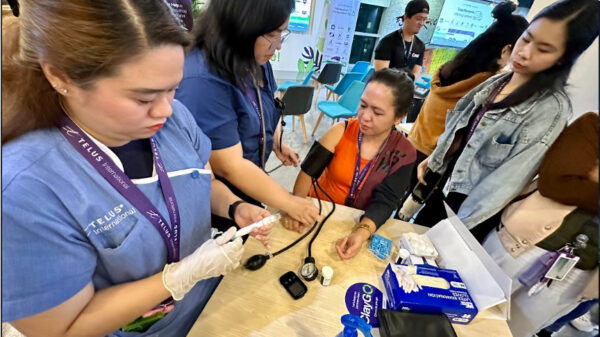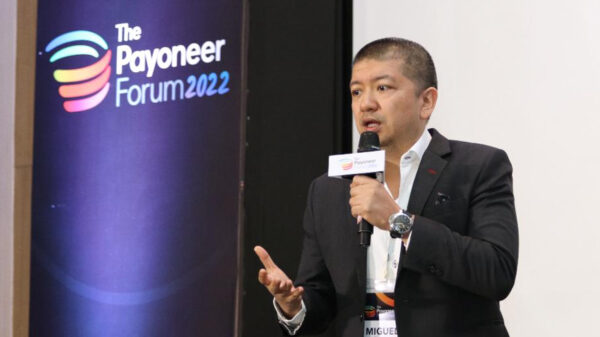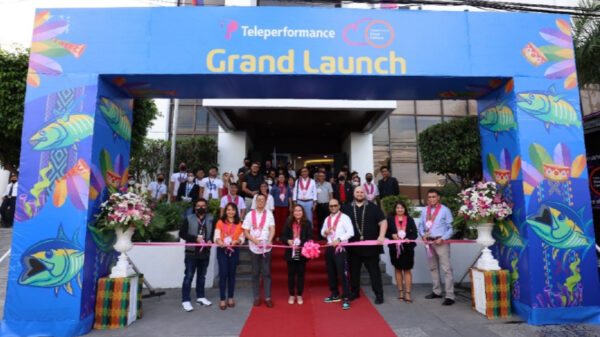The IT and business process management (IT-BPM) industry continues to play a major role in the growth of the economy and in generating employment for many skilled Filipinos. This proves that it remains to be the largest and fastest growing industry in the Philippines, increasing by an annual growth rate of 15% to 18% and forecasted to surpass overseas Filipino workers’ remittances in the next two years.
As a contributor to economic growth, the IT-BPM industry reported foreign exchange earnings amounting to $18.9-billion in 2014, representing 6.2% of the country’s gross domestic product. For 2015, it is projected that revenue will reach $21.2-billion. In the industry roadmap, the goal for 2016 is to generate P25-billion revenues.
As a job provider, the industry employed 1.03 million Filipinos in 2014 while for 2016, the goal is to create employment for 1.3 million qualified workers.
The growth registered by the IT-BPM industry is one of the reasons why the country has emerged as one of the key outsourcing destinations in the world. Other factors that contribute to its growth are the lower cost of labor, government support, and the skills/talent of the Filipino workforce.
The industry is doing its best to strengthen its global position. Initiatives from the government as well as in the private sector have been undertaken to maintain the growth of the industry.
Bridging programs
The industry depends primarily on the quality of services offered. The country produces college graduates every year, and there are also undergraduates that can be tapped to make sure the country has available talents to meet the demand. However, in a press conference during the International IT-BPM Summit, Jose Mari Mercado, President and CEO at Information Technology and Business Process Association of the Philippines (IBPAP), said the industry must meet the challenge in terms of certain competencies which undergraduates should have.
“We’ve been working closely with the government for short-term bridging programs in partnership with Technical Education and Skills Development Authority (TESDA),” said Mercado. “This year, we have about P200-million in scholarship funding for the industry’s bridging programs. We have also achieved about 71% hiring rate with TESDA.”
The industry also has a strong partnership with the Commission on Higher Education (CHED). Mercado said that they have actually developed an industry course, a 21-unit course in service management program designed to provide trainings for college students on certain competencies.
Mercado said that they are now looking at 17 state universities and colleges and an estimated over 10,000 students to be part of the service management program which aims to prepare college graduates to enter the industry.
The industry, in cooperation with the Department of Finance and Asian Development Bank (ADB), was also able to get assistance program to help converge with the UP Open University to convert courseware and make them available online.
“By first quarter next year, all courses will be available online,” noted Mercado.
Platform for growth
Monchito Ibrahim, DOST-ICTO Deputy Executive Director for Industry Development, on the other hand, said that the government has built platform for the growth of the industry in the last 10 years. He also said that the government is providing local visibility for the industry; identifies emerging growth sectors; and in the process of supporting the expansion of the industry in the countryside.
Lito Tayag, IBPAP Vice Chairman of the Board of Trustees, said they are anticipating for the creation of a new roadmap aimed at sustaining the growth of the industry.
“The roadmap is a detailed plan with very clear targets and identified timelines where every sector in the industry is aligned to support and sustain its growth,” said Tayag.

















































































































